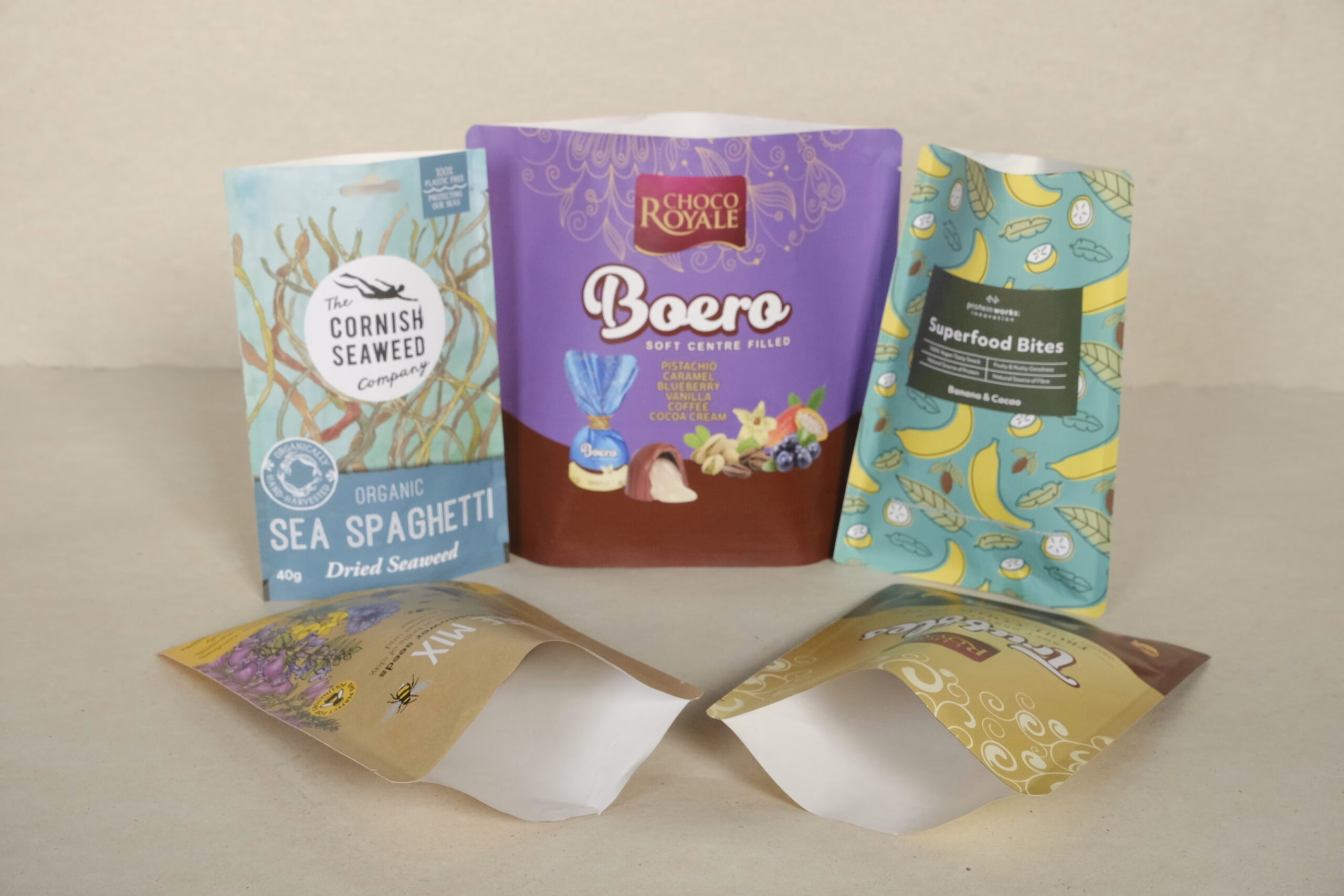A healthy environment is a prerequisite for a better quality of life for everyone, and for that, sustainability is a crucial aspect. Sustainability helps create and maintain favorable conditions in which nature and humans can co-exist in productive harmony, fulfilling the social, economic, and environmental obligations.
An industry is said to be sustainable if it is in equilibrium with the environment, i.e., it is concerned with its impact on its staff, customers, suppliers, surrounding, and community on the whole. It is not just the industries that need to be sustainable—we as individuals also need to adopt a sustainable lifestyle to have a better quality of life.
With the increasing global warming and carbon footprint from individuals and industries and unexpected natural calamities like flash floods, wildfires, hurricanes, droughts, etc., it is more than essential to take up the moral responsibility toward environmental conservation for the betterment of present and future generations to come. But we often neglect this alarming situation and opt for other viable options that are readily available in the market.
Let’s have a look at some of the reasons why people do not opt for sustainability –
1) Lack of government policies:
Although it is a moral responsibility of individuals and industries to use natural biodegradable resources instead of human-made non-biodegradable resources. It is also the government’s responsibility to see whether the citizens and industries comply with it. The government should formulate policies that push people and organizations towards being environmentally friendly. They should ensure that the organizations sell their produce in eco-friendly, biodegradable packaging, such as hemp packaging, instead of plastic bags and paper bags made of wood pulp. And we as consumers should forbid ourselves from purchasing products sold in plastic and other non-biodegradable items, and instead, should look for sustainable alternatives.
2) Not a cost-effective option:
Profit is the main target of any organization, and to achieve that target, the organization often neglects the environment, and the result is an increased carbon footprint. Using organic packaging to sell products may not be a feasible option for small-scale organizations as hemp paper packaging and cannabis packaging can be expensive. They end up using plastic packaging or paper packaging, which are readily available in the market. Small vendors and establishing brands abstain from switching to eco-friendly options and being sustainable as it is not a cost-effective option for them.
On an individual level, people often abstain from switching to eco-friendly options as it can be a little expensive for people to opt for these options. OG Hemp offers excellent sustainable packaging at economical prices.
3) Lack of motivation and knowledge:
Motivation is vital for instilling the thought of being environmentally responsible in every individual. Companies should motivate their employees to undertake sustainability initiatives and develop innovative ideas that help companies grow without causing any harm to the environment, i.e., using renewable resources instead of non-renewable ones. They should go green by opting for eco-friendly hemp packaging, cannabis packaging, etc. People should also be made aware of various eco-friendly options available nowadays to help the environment become healthier.
4) Unexisting offer:
Even if people want to be environmentally responsible and want to opt for sustainable options, they are barred from doing so because of the brands’ exciting offers to sell their products that may not be environmentally friendly.
Are you also one of those who neglect sustainability? Now is the time to wake up and be environmentally responsible for the betterment of yourself and others. Start using sustainable packaging, such as hemp packaging and cannabis packaging, to sell and buy different products. Also, motivate your friends and colleagues to give up hazardous non-biodegradable plastic bags. Instead, opt for biodegradable hemp paper, paper bags, and packaging to reduce carbon footprint.


